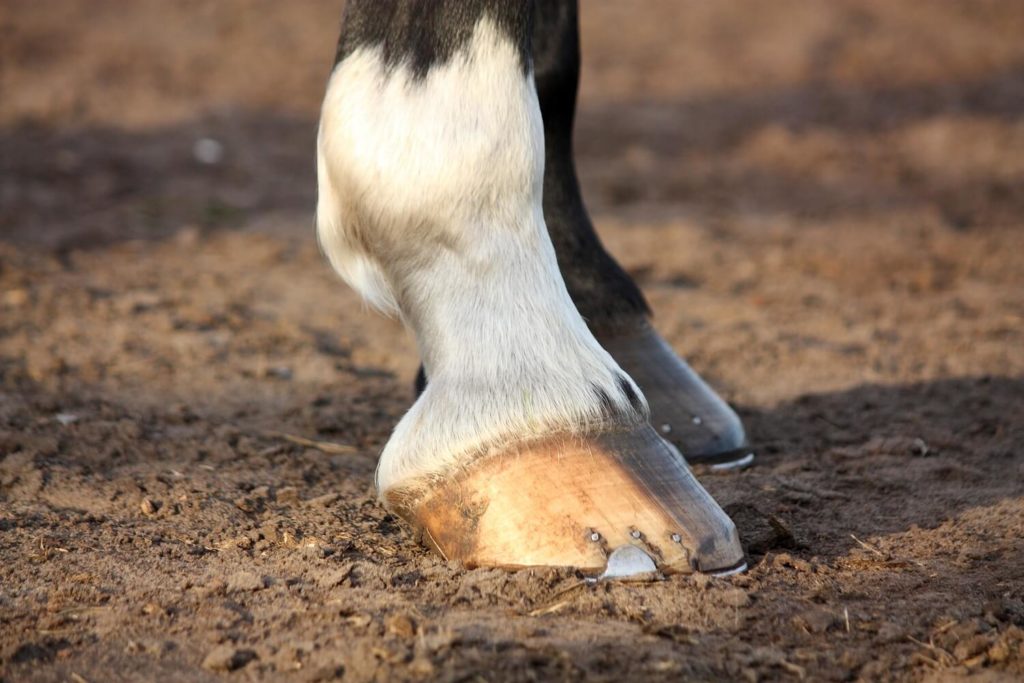
Low-Dose Detomidine Could Help Horses Stressed by Fireworks
Horses with a history of anxiety during fireworks displays showed marked improvement with treatment, their owners reported.
How to care for the basic health needs of horses

Horses with a history of anxiety during fireworks displays showed marked improvement with treatment, their owners reported.

Horse manure is rich not only in energy and soil-building nutrients, but also information about your horse’s health and well-being. In this article, veterinarians offer guidelines to help you better “read” your horse’s poop.

Horses with Cushing’s have a harder time regulating their body temperature and often sport longer coats. Dr. Jeanette Mero has recommendations for keeping those horses comfortable.

Donkeys can thrive off straw and other low-quality forage, unlike most horses and ponies, and now we have a better idea why.

Twenty horses at a boarding facility were exposed to equine herpesvirus.

Swedish researchers observed 22 geldings as they learned to navigate automatic feeding stations equipped with automatic doors, food dispensers, and microchip readers.

Dr. Andrew van Eps suggests addressing obesity now to prevent laminitis, shares new insight into supporting limb laminitis, and offers advice about icing feet in acute cases.

This marks the second documented case of a newborn foal contracting atypical myopathy and the first to link the condition to toxins passed through the mare’s milk.

Massage can promote relaxation, support your horse’s muscles, and improve his performance. Listen to this prerecorded Q&A about deep-tissue massage, myofascial release, acupressure points and more. Sponsored by Kentucky Performance Products.

Researchers found many people accept that working with horses is dangerous—especially more experienced riders or those working with horses for financial gain.

The case of West Nile virus marks the state’s first in 2021.

The horse was tested at the request of a rescue facility’s owner to comply with pre-entry requirements.

Here’s a look at some common misconceptions about PPID and the truth behind them.

Researchers recently confirmed that a new drug test can detect the bisphosphonate tiludronate disodium (Tildren) in horses up to three years after they received the medication.

Veterinarians could soon determine which horses are at risk of certain neurologic diseases through a simple urine test that reveals how a horse breaks down vitamin E.

Pituitary pars intermedia dysfunction (PPID, or equine Cushing’s disease) is caused by an enlargement of the pituitary gland’s middle lobe (the pars intermedia), which results in an overproduction of hormones that regulate bodily functions. Learn more about this disease in our slideshow.
Stay on top of the most recent Horse Health news with
"*" indicates required fields